IN 1957, the world witnessed profound change. The Cold War reached new heights as the Soviet Union launched humanity's first satellite, igniting the space race. In the United Kingdom, Harold Macmillan became Prime Minister in the wake of the Suez Crisis, and Calder Hall was inaugurated as the world's first full-scale nuclear power station. Across the Atlantic, civil rights tensions reached a breaking point in Little Rock, Arkansas. Meanwhile, the foundations of the modern European Union were laid, Ghana achieved independence, and musical legends began to rise. It was a year of bold beginnings, technological breakthroughs, and social upheaval.
Explore our newspaper archives to purchase your own authentic 1957 newspaper!
January
1 January: The European Economic Community (EEC) officially began preliminary operations following the signing of the Treaty of Rome later in the year.
2 January: HMS Vanguard, the last battleship built for the Royal Navy, was officially decommissioned.
6 January: Elvis Presley made his final appearance on The Ed Sullivan Show. Due to concerns over his performance style, the broadcast showed him only from the waist up.
Delve deeper into the story of Elvis Presley

7 January: Ghana's new National Assembly held its first formal session as it prepared for full independence.
9 January: Prime Minister Anthony Eden resigned due to ill health and political fallout from the Suez Crisis. Harold Macmillan was appointed to succeed him.
10 January: Harold Macmillan was officially invited by the Queen to form a government, becoming the new British Prime Minister.
22 January: Israeli forces completed their withdrawal from the Sinai Peninsula under United Nations supervision, following the Suez conflict.
26 January: India celebrated its eighth Republic Day since becoming a republic in 1950, with parades in Delhi and increased international visibility.
February
3 February: A British European Airways Vickers Viscount crashed into the Irish Sea, resulting in the deaths of all 35 people aboard.
4 February: The Smith-Corona company introduced its first electric typewriter for commercial use in the United States.
6 February: Elizabeth Taylor married film producer Mike Todd in Acapulco, Mexico.
11 February: The NATO Committee of Ten met in Washington, D.C., to coordinate mutual Cold War defence efforts.
13 February: BBC Television aired an adaptation of The Railway Children, bringing E. Nesbit’s classic novel to a new generation.
18 February: A Boeing B-52 Stratofortress completed the first non-stop, around-the-world flight, lasting over 45 hours.
19 February: The UK’s Clean Air Act 1956 began to take effect, limiting emissions and promoting smokeless zones in cities.
26 February: The Suez Canal Company resumed operations following the canal's partial reopening earlier that month.
28 February: Scientists in the US released a paper demonstrating the potential hazards of radioactive fallout from hydrogen bomb tests.
March
6 March: Ghana became the first sub-Saharan African country to gain independence from colonial rule, with Kwame Nkrumah as Prime Minister.

Ghana Independence overprint on Gold Coast 1s stamp 1957. Image: Wikimedia Commons
12 March: West Side Story premiered in Washington, D.C., ahead of its Broadway debut later in the year.
Step into the newspaper history of Broadway musicals

15 March: The British government confirmed its intention to test a hydrogen bomb in the Pacific later that year.
17 March: Boeing conducted the first successful test flight of the Boeing 707 prototype at Renton, Washington.
19 March: The Bridge on the River Kwai, directed by David Lean, premiered in London and would later win seven Academy Awards.
22 March: The second Commonwealth Trade and Economic Conference took place in London, focusing on global economic cooperation.
25 March: The Treaty of Rome was signed by France, West Germany, Italy, Belgium, the Netherlands, and Luxembourg, creating the EEC.
30 March: Buddy Holly and the Crickets recorded "That’ll Be the Day," which would become a defining song of the rock and roll era.
April
6 April: Time magazine featured the Beat Generation, helping introduce the movement to a wider American audience.
10 April: An explosion at the Creswell Colliery in Derbyshire, England, claimed the lives of 80 miners.
12 April: Calder Hall, the UK’s first commercial nuclear power station, began producing electricity.

Her Majesty Queen Elizabeth II opening Calder Hall nuclear power station. Image: Wikimedia Commons
14 April: Syria formally signed a military cooperation agreement with the Soviet Union, increasing Cold War tensions in the Middle East.
18 April: The BBC launched Tonight, a groundbreaking nightly current affairs programme hosted by Cliff Michelmore.
20 April: The Soviet Union issued a formal protest against the British hydrogen bomb tests planned for Christmas Island.
24 April: The Suez Canal reopened to all international shipping, five months after the Suez Crisis.
27 April: The first UK conference on computer programming took place in Cambridge, marking an early step in the development of computing.
30 April: Harold Macmillan addressed Parliament on Britain’s post-Suez global role, reaffirming NATO alignment.
May
3 May: Brooklyn Dodgers owner Walter O’Malley confirmed the team’s move to Los Angeles for the following baseball season.
6 May: John Diefenbaker was elected Prime Minister of Canada after a surprise victory by the Progressive Conservatives.
10 May: The United Kingdom conducted its first successful hydrogen bomb test at Malden Island in the Pacific Ocean.
12 May: Bertrand Russell led a London protest calling for nuclear disarmament, a precursor to the Campaign for Nuclear Disarmament.
15 May: The United States successfully tested its first operational intercontinental ballistic missile (ICBM), the Atlas.
20 May: The UK government ended wartime meat rationing, in effect since World War II.
25 May: Britain’s first parking meter was installed in Mayfair, London.
28 May: The National Advisory Committee for Aeronautics (NACA) accelerated plans for space exploration, preceding its transformation into NASA.
31 May: The FA Cup Final, televised in full by the BBC, saw Aston Villa defeat Manchester United 2 – 1 at Wembley.
Learn more about the history of Aston Villa through newspaper headlines

June
2 June: The Sky at Night, hosted by Patrick Moore, aired its first episode on BBC Television.
6 June: The U.S. Senate passed the Civil Rights Act of 1957, the first civil rights legislation since Reconstruction.
The Story of the Civil Rights Movement

9 June: The UK launched a campaign to recruit workers from the Caribbean, leading to increased postwar immigration.
13 June: A race-related disturbance in Nottingham marked rising tensions within immigrant communities.
15 June: British Rail introduced its first diesel express passenger service, operating between London and Liverpool.
19 June: The British Medical Journal published a study linking cigarette smoking to lung cancer.
25 June: Guy Mollet's French government resigned following internal disputes over Algeria policy.
28 June: The first full-scale hovercraft, designed by Christopher Cockerell, was successfully tested on the Solent.
30 June: UK unemployment dropped to a postwar low of under 1%, reinforcing confidence in the economy.
July
1 July: The International Geophysical Year (1957 – 58) began, coordinating scientific exploration across 67 nations.
4 July: The USS Long Beach was laid down in the US, marking the start of construction on the first nuclear-powered surface warship.
6 July: Paul McCartney met John Lennon for the first time at a garden fête in Woolton, Liverpool, leading to the eventual formation of The Beatles.
Delve deeper into the story of the Beatles through our historic newspapers book

John Lennon and Paul McCartney. Image: Wikimedia Commons
9 July: Queen Elizabeth II officially reopened Manchester Cathedral, restored after wartime bomb damage.
15 July: Construction began on the Kariba Dam on the Zambezi River between Zambia and Zimbabwe.
18 July: The UK Medical Research Council released a report confirming the health dangers of tobacco use.
21 July: BBC's Panorama aired a controversial feature on the decline of the British Empire.
26 July: The Soviet Union increased military support to Syria, fuelling Cold War competition in the Middle East.
29 July: The International Atomic Energy Agency (IAEA) was established by the UN to promote peaceful use of nuclear energy.
August
1 August: The UK government began reviewing motorway speed limits following rising postwar traffic fatalities.
5 August: American Bandstand, hosted by Dick Clark, debuted nationally in the United States.
9 August: The Soviet Union successfully launched the R-7 Semyorka, the first ICBM capable of carrying a nuclear warhead.
12 August: The UK government announced military conscription would be phased out by 1960.
17 August: The Federation of Malaya gained independence from Britain, with Tunku Abdul Rahman as Prime Minister.
20 August: Tensions in London’s Notting Hill flared as violent clashes occurred between white residents and West Indian immigrants.
23 August: The British National Party held its first public campaign event, prompting protests in Trafalgar Square.
26 August: The Soviet Union signed a pact with Egypt to supply advanced military equipment.
31 August: Malaya officially joined the Commonwealth of Nations as an independent member.
September
4 September: Nine Black students were barred from entering Little Rock Central High School, defying the Supreme Court’s desegregation ruling.

Soldiers from the 101st Airborne Division escort African-American students to Central High School in Little Rock in Sept. 1957, after the governor of Arkansas tried to enforce segregation. Image: Wikimedia Commons
5 September: President Eisenhower federalised the Arkansas National Guard to protect the students’ right to attend school.
10 September: The BBC launched Blue Peter, which would become the longest-running children's programme in British television history.
12 September: The UK initiated research into launching its own artificial satellite.
18 September: Malaysia joined the United Nations as a sovereign nation.
20 September: West Germany was formally admitted to NATO’s nuclear planning group.
22 September: France and Tunisia restored diplomatic relations after a period of colonial conflict.
25 September: Perry Mason debuted on CBS, becoming one of the most successful courtroom dramas in US television history.
30 September: Pan Am completed its first round-the-world commercial passenger flight using a DC-7C aircraft.
October
1 October: The UK’s Rent Act 1957 came into effect, liberalising tenancy agreements and increasing private rents.
4 October: The Soviet Union launched Sputnik 1, the first artificial Earth satellite, marking the beginning of the space race.

A replica of Sputnik 1. Image: Wikimedia Commons
8 October: Jerry Lee Lewis released “Great Balls of Fire,” which became a rock and roll hit in both the US and UK.
10 October: France declared a state of emergency in Algeria as insurgency escalated.
14 October: Queen Elizabeth II and Prince Philip arrived in the United States for a goodwill tour.
Shop our history newspaper book to learn more about Queen Elizabeth II's life and work

18 October: Construction began on the Preston Bypass, the UK's first motorway.
23 October: French students held protests against the Algerian War in several cities, including Paris and Lyon.
29 October: Renewed hostilities flared in the Gaza Strip between Israeli and Egyptian forces.
31 October: The US Air Force activated its first permanent ICBM base at F.E. Warren Air Force Base in Wyoming.
November
3 November: Sputnik 2 was launched by the Soviet Union, carrying Laika, the first animal in space.
5 November: The UK’s inflation rate fell to a postwar low, contributing to growing consumer confidence.
7 November: Prime Minister Harold Macmillan delivered his famous “You’ve never had it so good” speech in Bedford.
10 November: American physicist Gordon Gould wrote a confidential memorandum outlining the principles of laser technology.
14 November: Queen Elizabeth II formally inaugurated the Calder Hall nuclear power station.
17 November: Britain’s final group of National Service recruits was called up before the scheduled end of conscription.
21 November: The World Health Organization launched a global anti-malaria campaign, focusing on DDT distribution.
24 November: The US deployed troops to the Middle East in response to Cold War escalations in the region.
30 November: Sheffield’s last tram ran, marking the end of the national tram era in the UK.
December
1 December: The Soviet Union confirmed plans for further lunar exploration following Sputnik's success.
6 December: The US Vanguard TV3 rocket exploded during its first satellite launch attempt, live on television.

Test of Vanguard launch vehicle for U.S. International Geophysical Year. Wikipedia
10 December: French-Algerian author Albert Camus received the Nobel Prize in Literature for his work exploring human morality.
15 December: Elvis Presley received his draft notice from the US Army.
20 December: The de Havilland Comet 4 completed its record-breaking transatlantic flight from London to New York.
24 December: The NORAD Santa Tracker was accidentally created after a Sears ad misprinted a phone number, directing calls to a US military hotline.
25 December: Queen Elizabeth II delivered her first televised Christmas broadcast, marking a new royal tradition.
27 December: The first Premium Bonds prize draw was held in the UK, with winnings selected by the machine “ERNIE.”
30 December: Japan was formally admitted to the United Nations, completing its postwar diplomatic reintegration.
Key Events of 1957
The space race begins
ON 4 October, the Soviet Union launched Sputnik 1, the world’s first artificial satellite. A modest sphere with four antennas, it emitted beeping signals as it orbited the Earth, but its impact was profound. The launch stunned the United States and triggered a fierce competition for technological dominance in space, marking the start of the Cold War’s space race.
Later that year, Sputnik 2 followed, carrying Laika, the first living creature in space. These events shook confidence in Western supremacy and led directly to the formation of NASA. The world had entered a new era in science, politics, and international rivalry.
Ghana declares independence
ON 6 March, the British colony of the Gold Coast became Ghana, the first sub-Saharan African nation to achieve independence. Prime Minister Kwame Nkrumah led celebrations in Accra as the Union Jack was lowered and Ghana’s red, gold and green flag was raised for the first time. The event marked a turning point in the global wave of decolonisation. Ghana's independence inspired anti-colonial movements across Africa and established Nkrumah as a leading figure in the Pan-African movement.
Crisis in Little Rock
IN September, nine African-American students attempted to enrol at Central High School in Little Rock, Arkansas, in defiance of segregation. They were met by angry mobs and the Arkansas National Guard, deployed by Governor Orval Faubus to prevent their entry.
President Dwight D. Eisenhower responded by sending federal troops to escort the students. The crisis became a defining moment in the American civil rights movement, highlighting both the resistance to desegregation and the federal government’s growing role in enforcing constitutional rights.

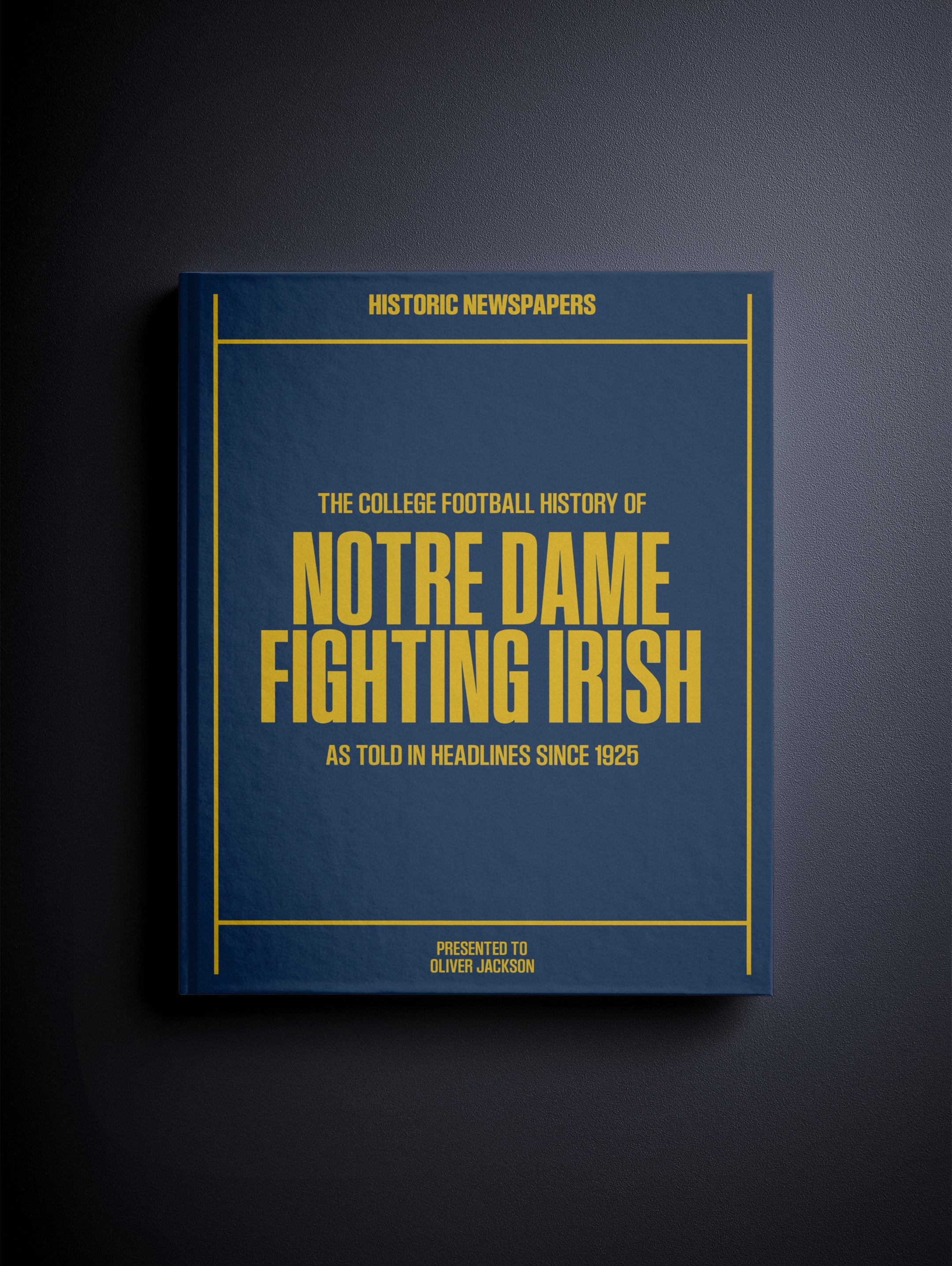
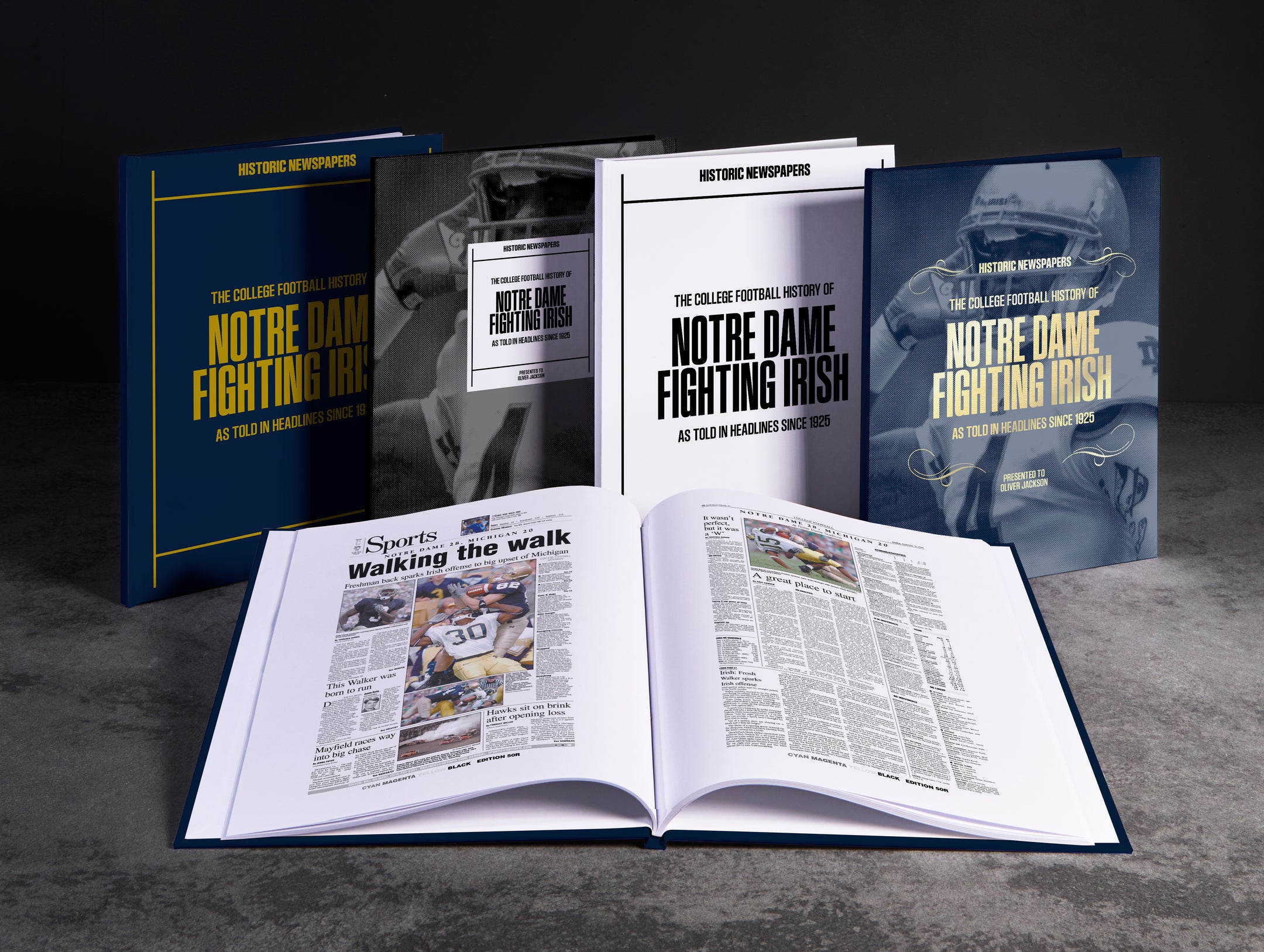
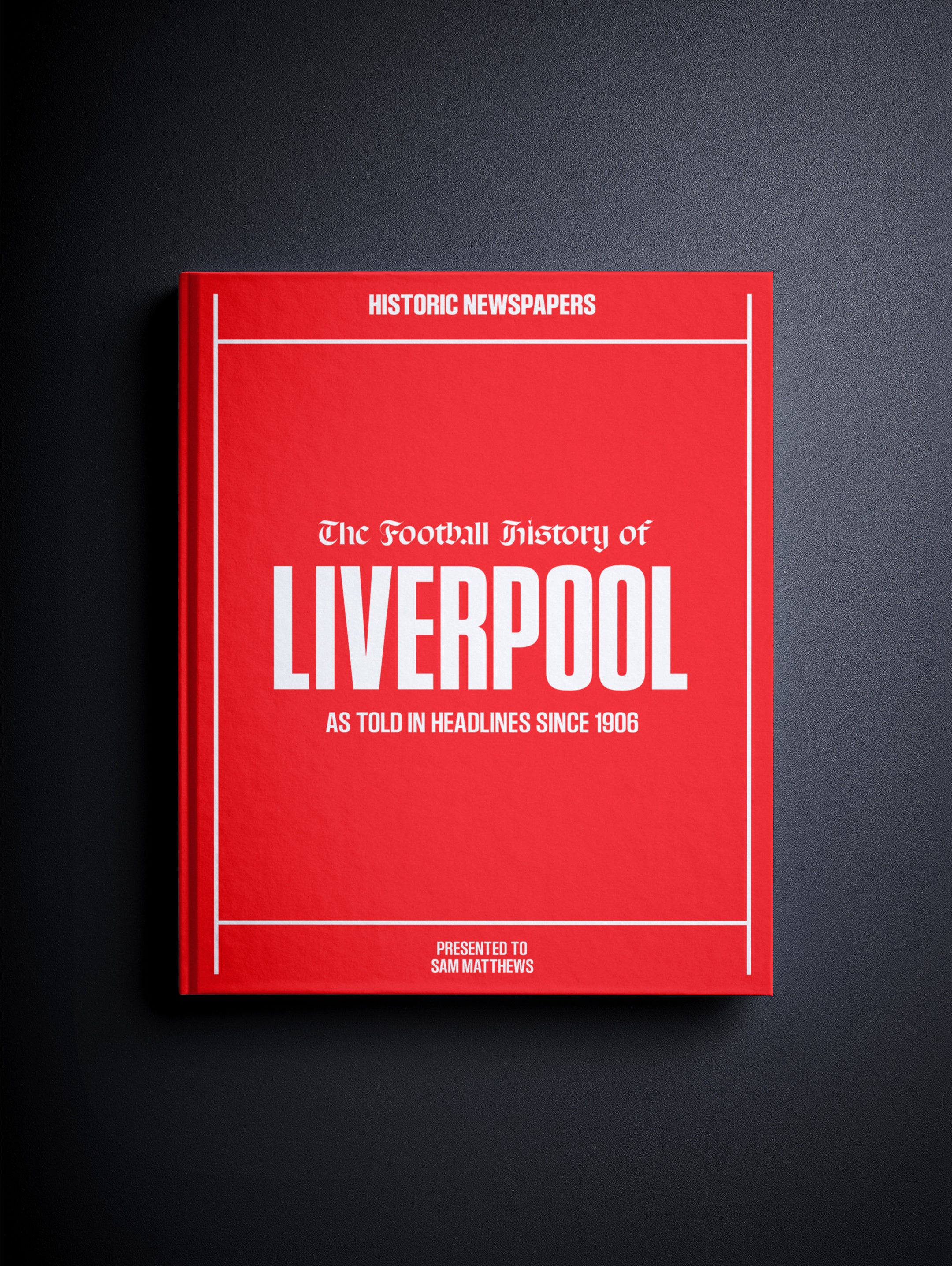




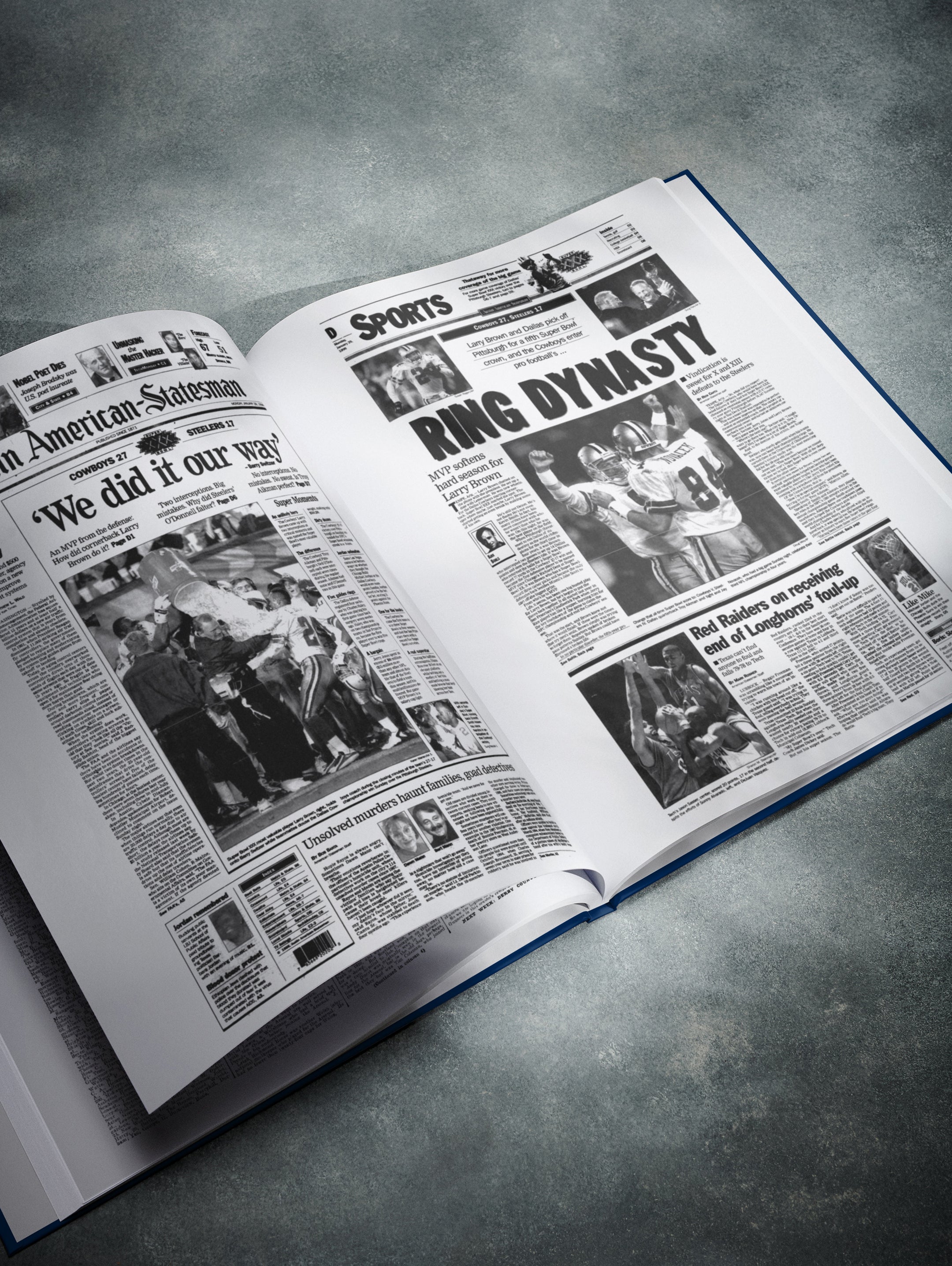
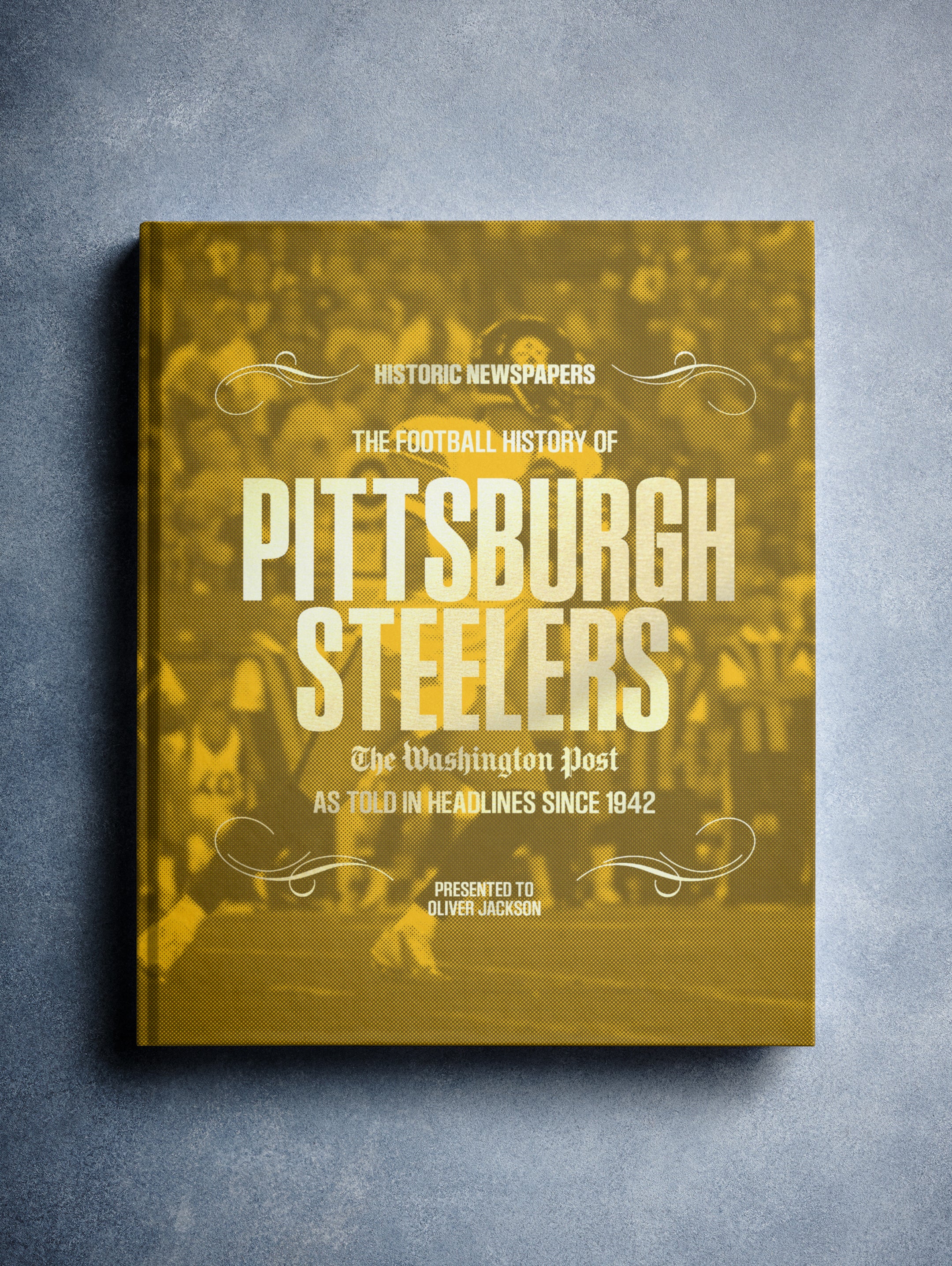

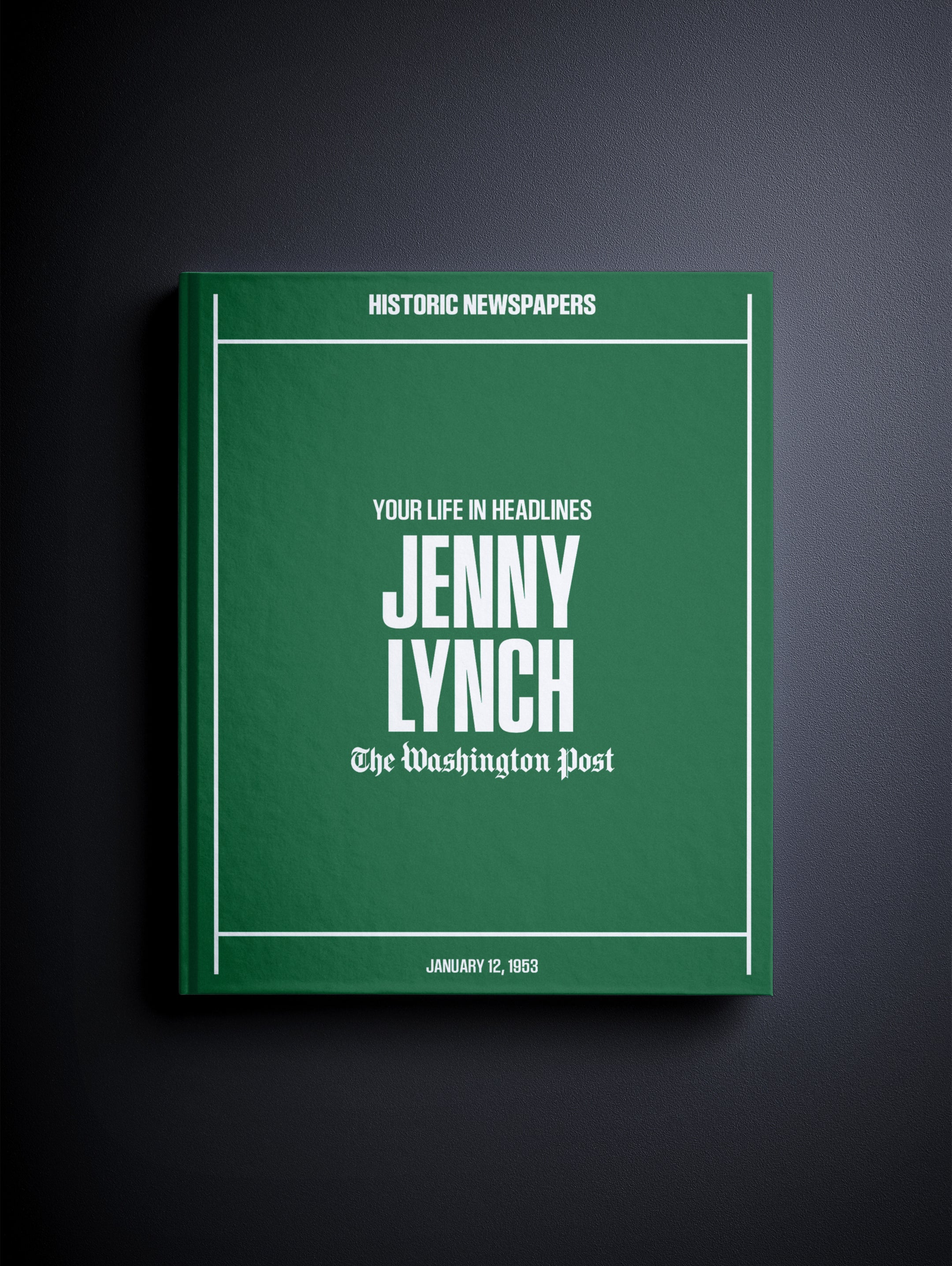



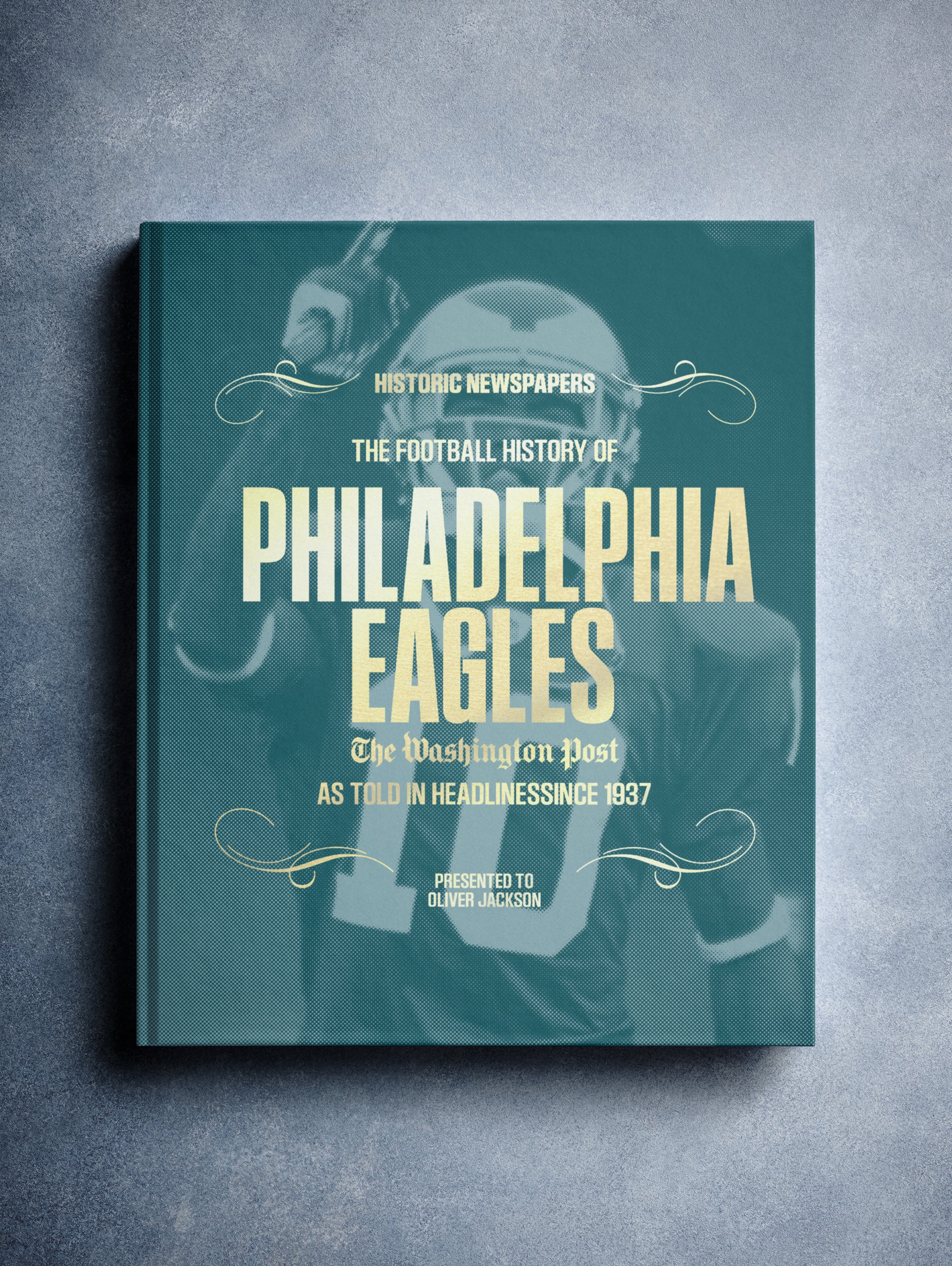

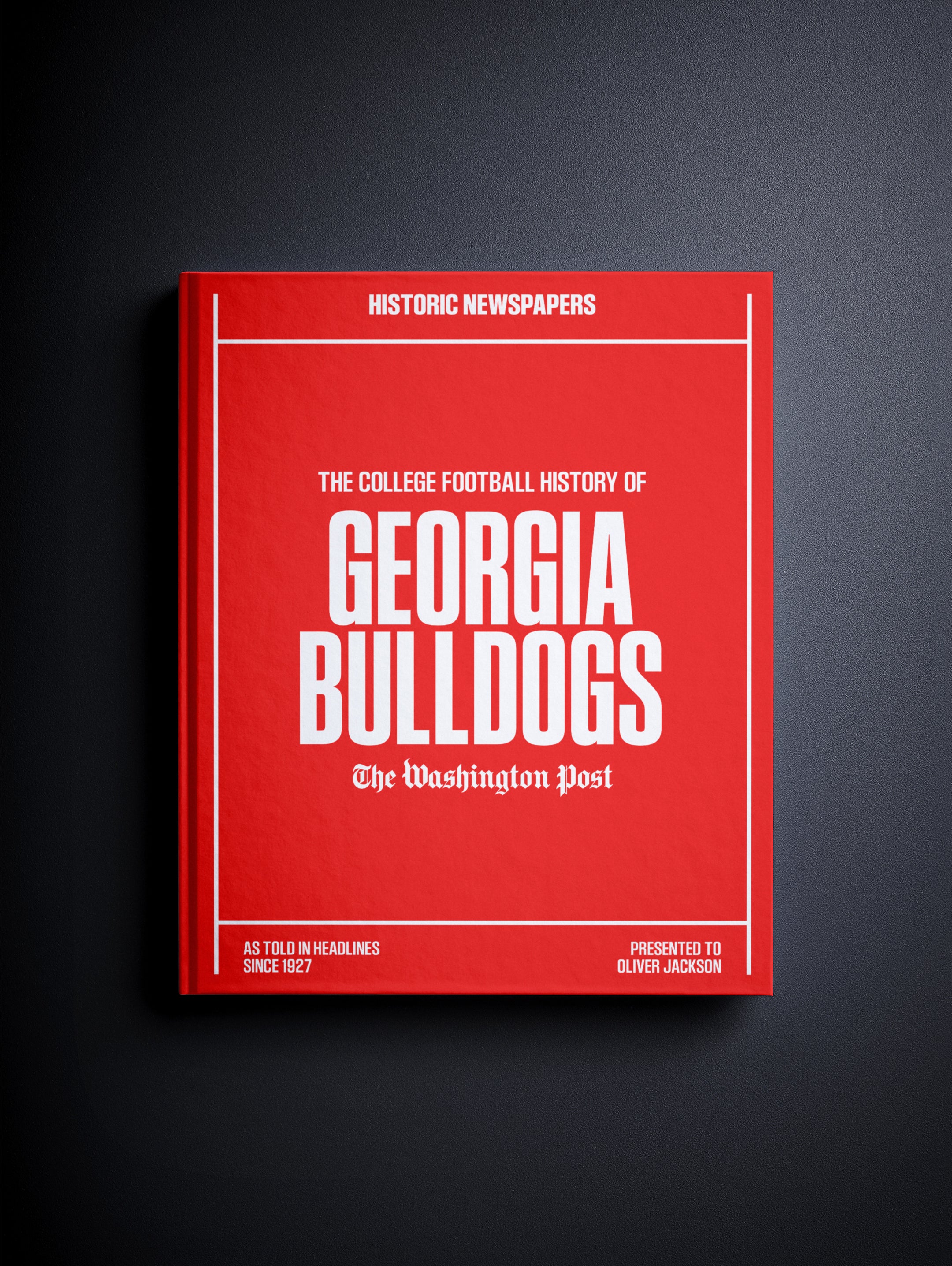

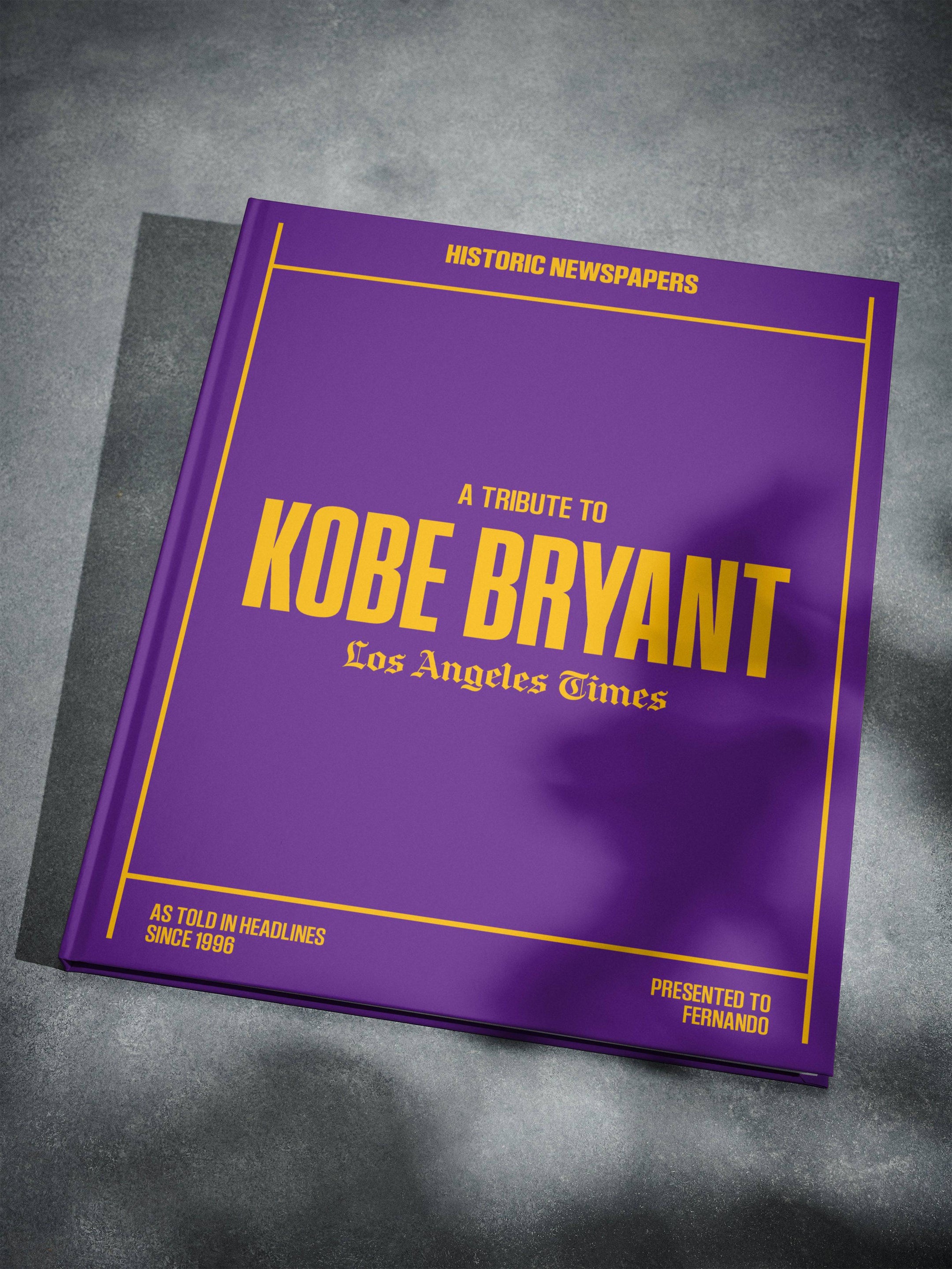


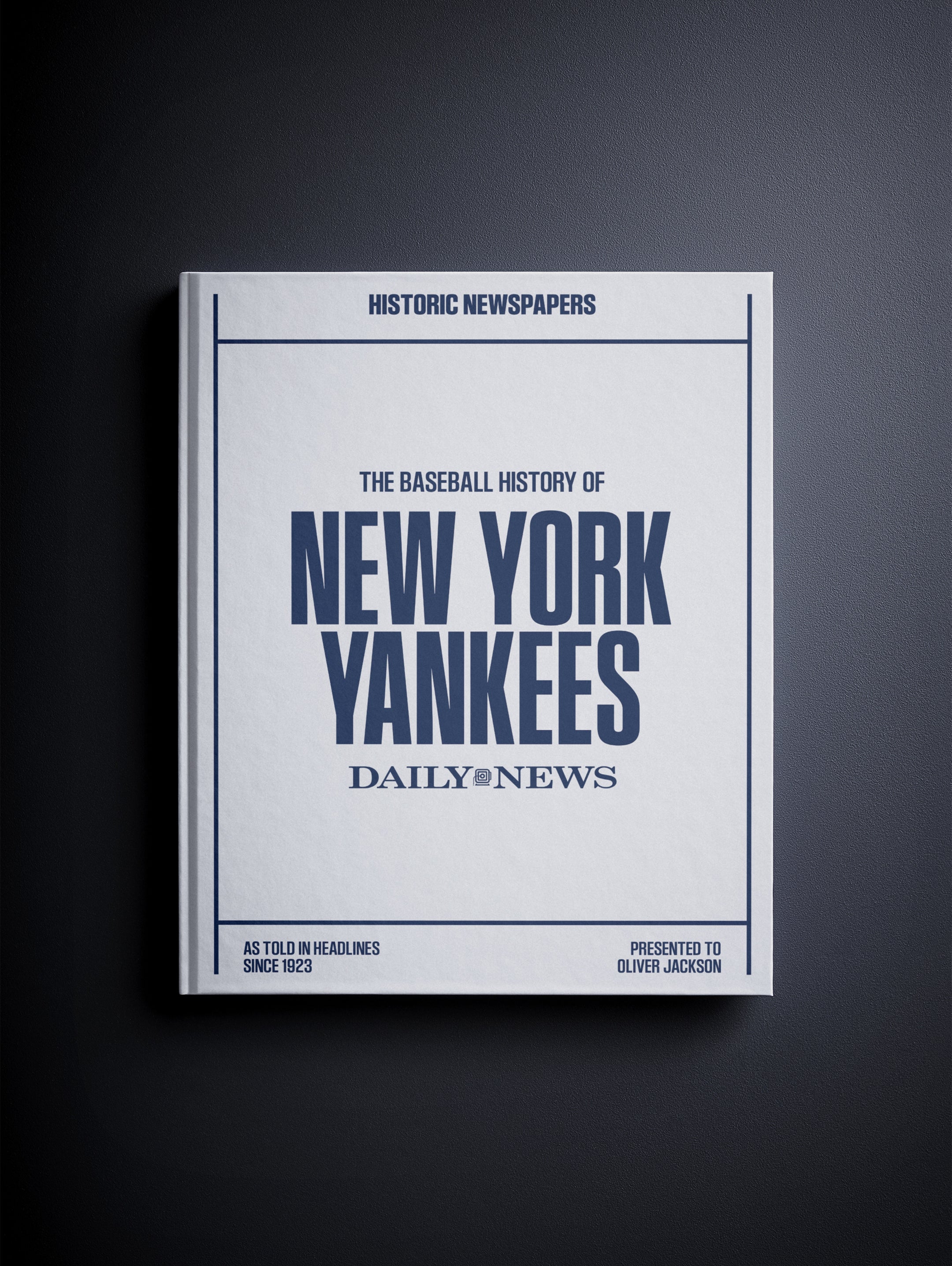
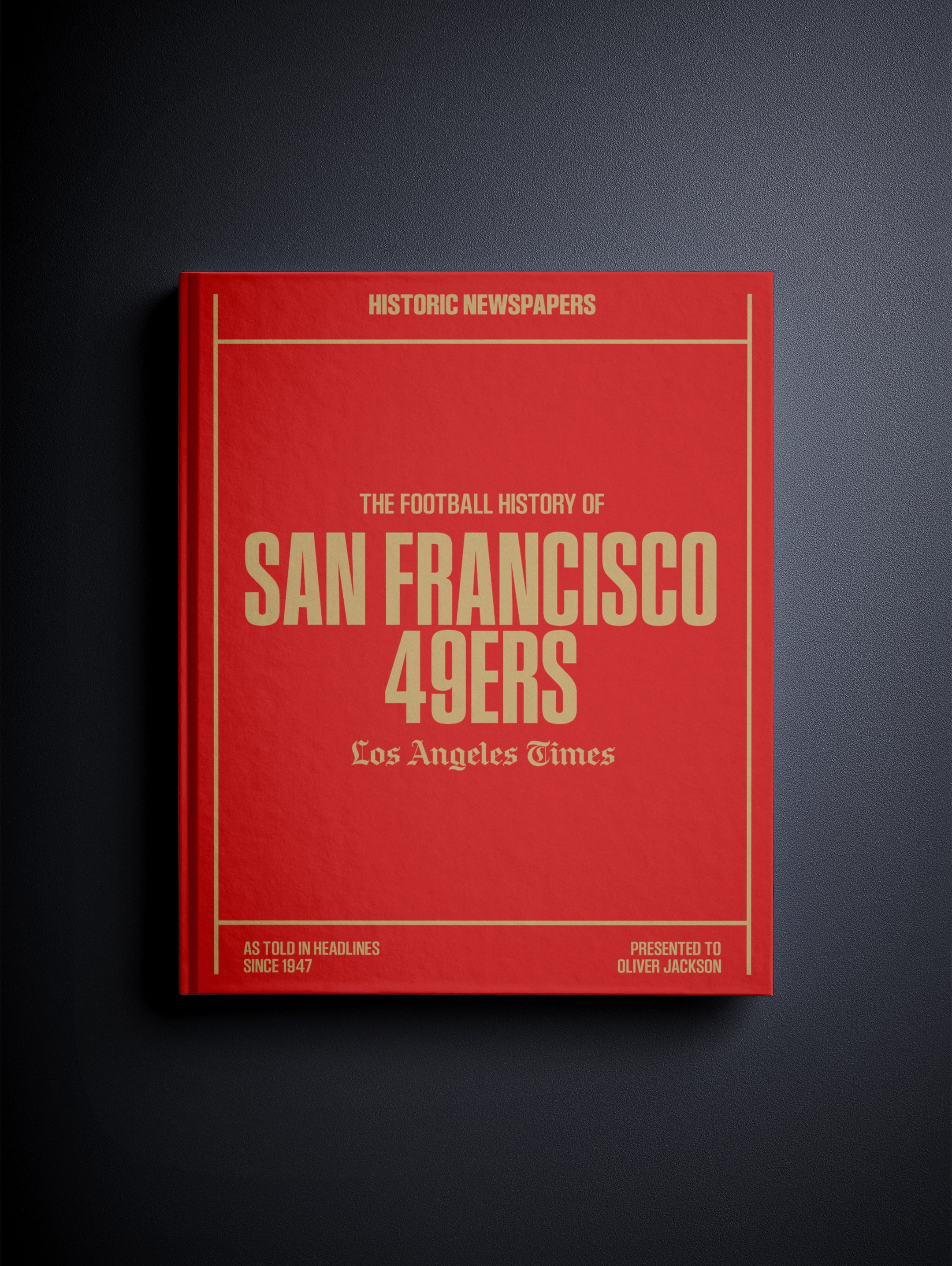
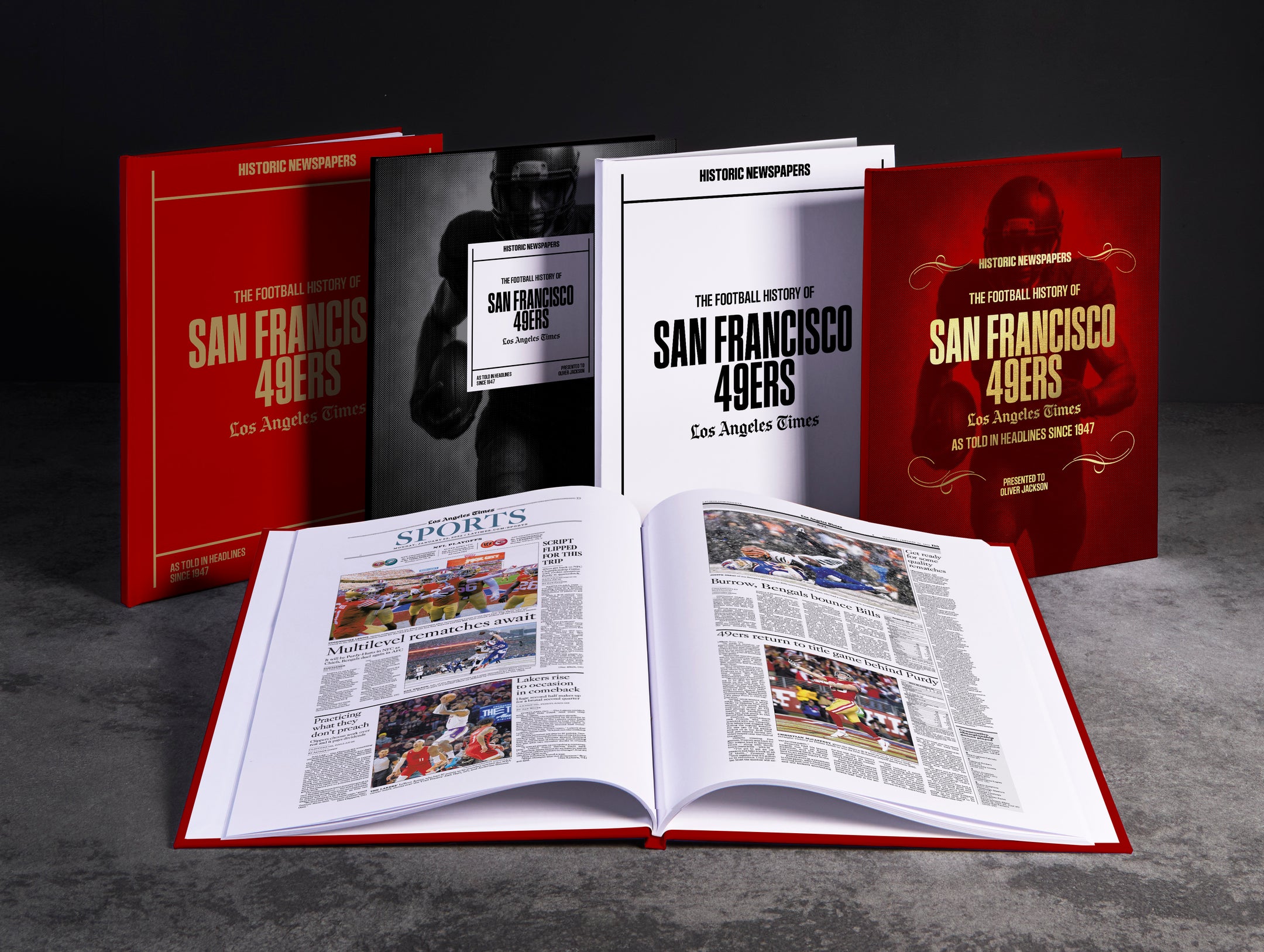
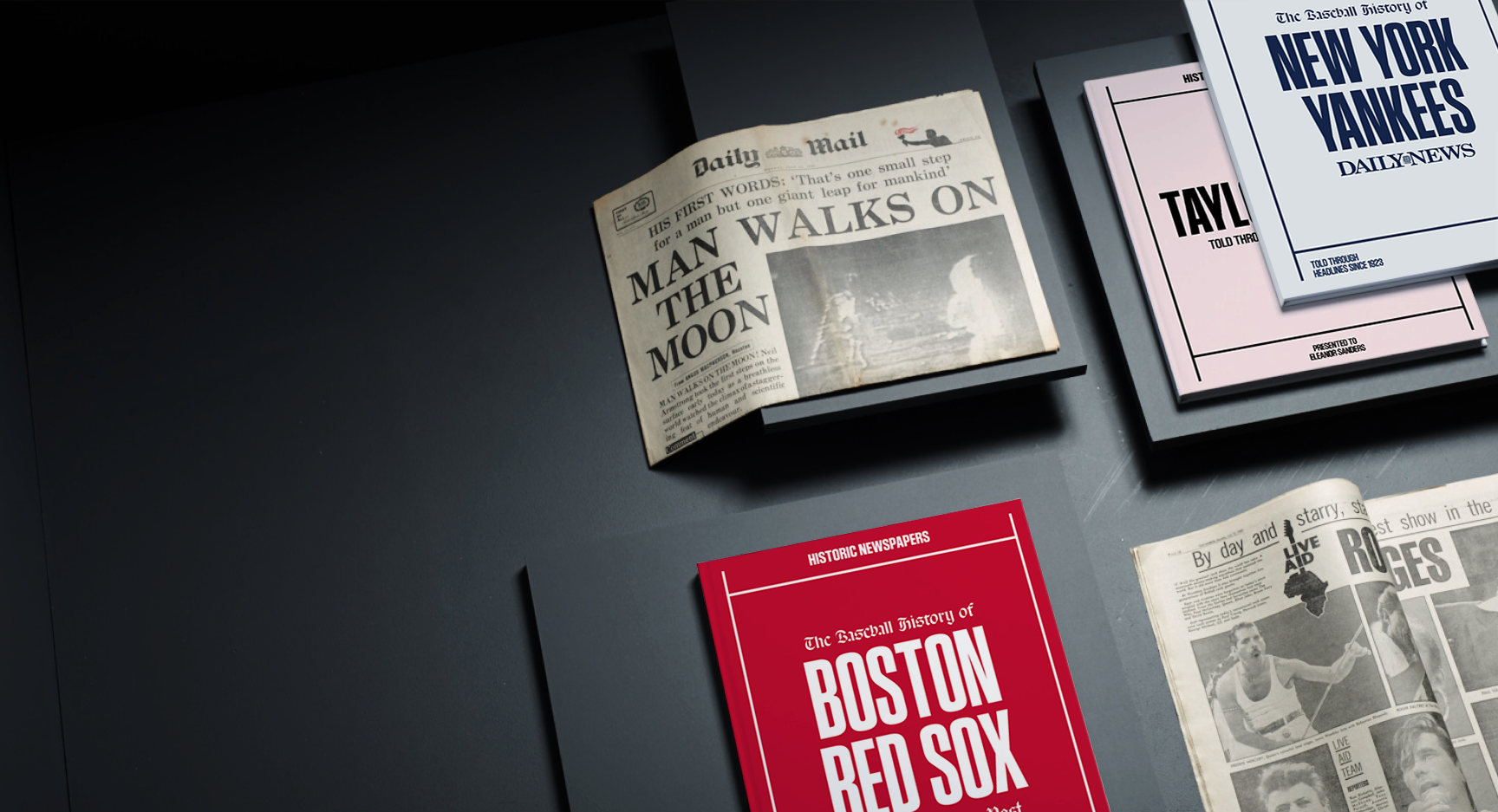
Follow us